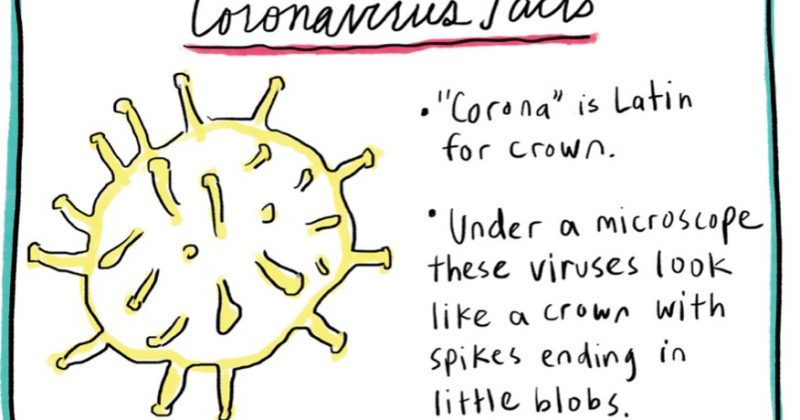Multi-Representational Learning
Shaaron's published a short open access encylopedia entry on the Cogntive Science of Multi-Representational Learning.
Its open access. So find it here
Ainsworth, S. E. (2025). Multi-Representational Learning. In M. C. Frank & A. Majid (Eds.), Open Encyclopedia of Cognitive Science. MIT Press. https://doi.org/10.21428/e2759450.5cc1206d...

